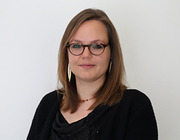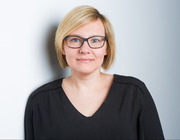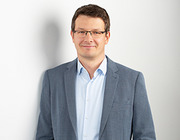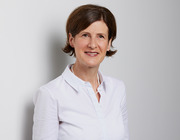Not all regions and population groups in Germany benefit equally from the opportunities offered by digitization. The unequal distribution of opportunities between urban and non-urban areas will be exacerbated by demographic changes. But digitization itself can also make a huge difference to the development prospects of local authorities. While some communities are expanding their digital infrastructure and developing digital services for a better quality of life for their citizens, others are falling behind. There are already a number of cities and towns that have embarked on the digital path despite their unfavorable framework conditions – such as a rapidly ageing population and a poor economic situation. They see digital services as an opportunity to improve the quality of life for citizens and thus make their communities more attractive. Our Smart Country project supports communities as important crystallization points for change in understanding digital transformation as an opportunity to shape demographic challenges and keep regions attractive.
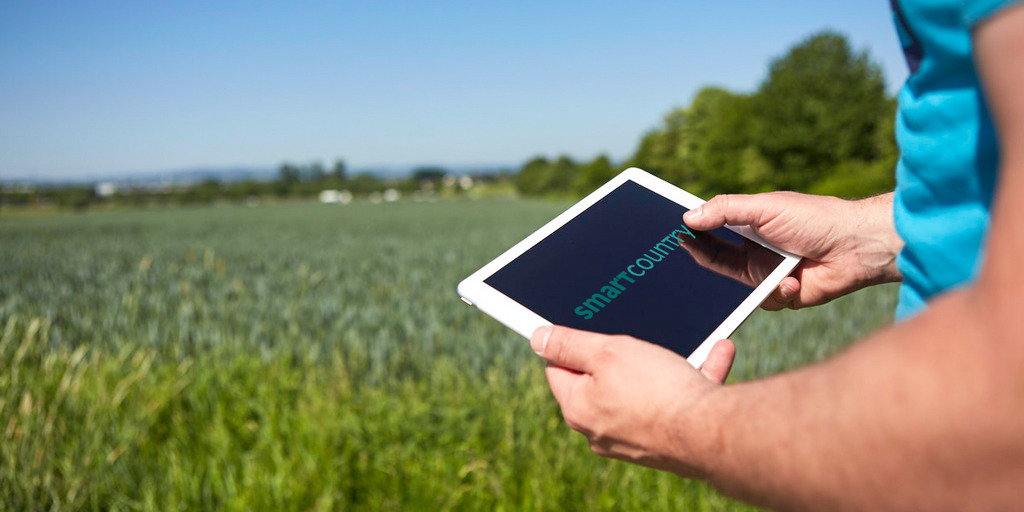
Jan Voth
Smart Country
Communities are facing major challenges – above all demographic change and digitization. We want to support local authorities in seeing digital transformation as an opportunity. How can it help to master demographic change and keep regions attractive?
Content
Project History
Project history
"Smart Country. Connected. Intelligent. Digital" was the theme of the Reinhard Mohn Prize 2017. The Reinhard Mohn Prize is awarded annually to personalities who have rendered outstanding services to a socially significant topic. The Reinhard Mohn Prize 2017 was awarded to the former President of Estonia, Toomas Hendrik Ilves, for his services to digitization in the digital pioneer nation Estonia. Smart Country's project team has published numerous publications in the run-up to the award to highlight the different aspects of Smart County: e.g. mobility, health or administration. We continue to build on the results of these publications while focusing on specific topics such as open data in administration or the promotion of digital sovereignty, especially for older people.
Positive examples for Smart Country
The potential of digitization has not yet been sufficiently exploited, and rural and structurally weak regions in particular are digitally dependent. In addition to the basic principles, such as universal access to fast Internet and digital skills in all population groups, there is a lack of positive examples. One finding of our work for the Reinhard Mohn Prize (see Project History above) is that concrete, digital applications from people’s everyday lives, including workplace applications, serve as inspiration for positive change. They are often the reason that communities themselves decide to become active. In our Smart Country Blog, we will present many of these successful examples and thus encourage others to emulate them.
Digital sovereignty – including for older population groups
The central question is how participation can be made possible and ensured without leaving large sections of the population behind. The digital development of rural areas and structurally weak regions carries the risk that the parts of the population that do not yet use the Internet will continue to be left behind. This is particularly the case for older population groups. In our project, we highlight this important aspect by working out how the digital sovereignty of older people can be strengthened. How can a digital assistance infrastructure be designed that allows all citizens to participate in the possibilities of digital development? Which places would be suitable for this and how can committed citizens get involved?
Open data for more transparency and participation
All the studies we have carried out for the Reinhard Mohn Prize (see Project History below) show the special significance of data. For the municipal level, this is an important and hitherto little developed field of development. In the interests of greater transparency and participation, communities should make data and documents available, evaluate and visualize them as openly as possible, i.e. in machine-readable form and via programming interfaces. Data form the basis for decisions and are an important building block for more transparency and innovation at the local level. Open data in particular is of great importance here. We will promote the development towards more open data at the community level. Our activities in the area of Open data are closely linked to the Wegweiser Kommune portal.
Wegweiser Kommune – more open data
Wegweiser Kommune is a nationally established data portal that provides population statistics and forecasts as well as numerous other indicators for all cities and towns with more than 5,000 inhabitants in Germany. New contents and modes of access will be developed in order to further expand the use of these data as a basis for municipal planning. We will establish new, machine-readable data formats for Wegweiser Kommune, create possibilities for technical interfaces and check and dismantle legal restrictions on the freer use of data. These activities will be subject to a number of conditions, since the majority of the data in the Wegweiser Kommune is not collected by us.
Not only a question of technology and data
The use of digital technology and data can only ever be seen as support for social development. People and the environment are at the center of all municipal developments.

